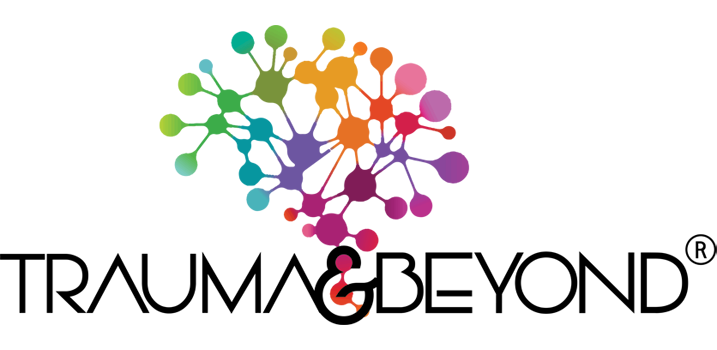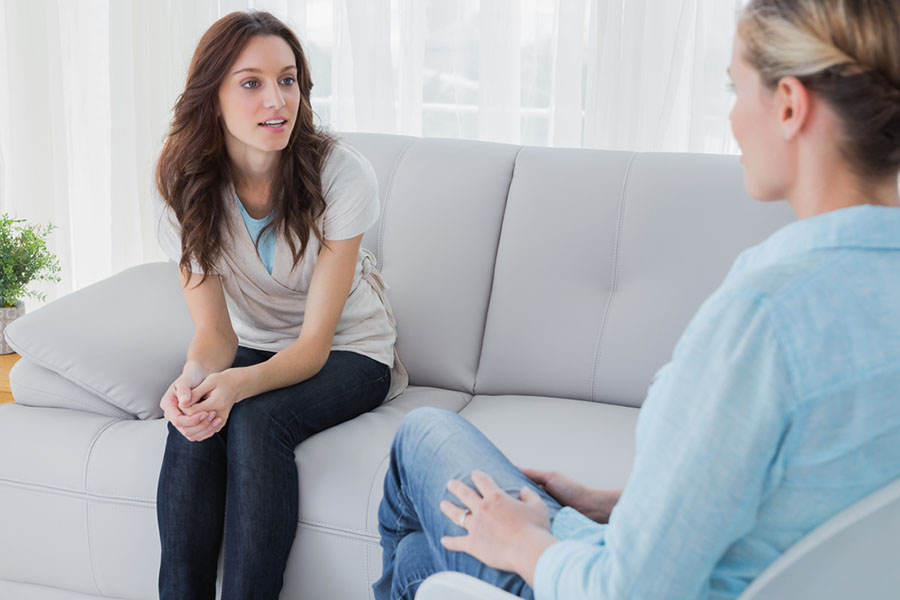Often times those struggling with relationships are well aware of patterns that keep showing up no matter who their partner is. They may find someone who seems quite different in the beginning only to notice later in the relationship that many of the problems they experienced with other partners are showing up again. Other’s struggle to find any relationships at all. They do not easily connect, choose partners who are unavailable and reject partners who want them. Failed relationships can lower self -esteem and lead one to believe they will always be unlucky in love. This sense of doom is heightened when even significant knowledge of patterns, red flags and warning signs hasn’t made a difference in creating healthy relationships. Many self -help books explain how change is an inside job and invite the reader to learn to love themselves. Others teach about codependent behaviors and how addressing these behaviors will increase our ability to make better choices. While there is truth and wisdom in many of these teachings it is the unconscious patterns that have actually been encoded in our brain circuitry that determines who we will be attracted to, and how we will interact with them. Learning to love ourselves isn’t as easy as it seems. Each time we engage in unhealthy relationships it can confirm what we may have believed all along. Maybe there is something about me that prevents my relationships from working.
Relational Therapy
When insight isn’t enough, how can unhealthy patterns be broken in order to find more satisfying and healthier romantic relationships? Becoming aware of relational and affective patterns is part of this process. The inner struggle of wanting and not wanting to be in a relationship can be confusing. Exploring ourselves through relational therapy allows experiencing relationships and ourselves in a new way in order to promote growth of new neuro-networks. We all have self-parts that at times can be in conflict. In relational therapy, curiosity about the survival strategy of each part can help us integrate parts that sometimes seem at war with each other. New emotional responses can begin to emerge through interactions shared with an attuned therapist. Neuro-pathways may be thought of as a foot trail; the more they are used the deeper and wider the trail becomes. When patterns are imprinted in brain circuitry new pathways must be built and strengthened in order to effect change. Through new shared experience new circuits and new possibilities can develop. Therapy is meant to be a collaboration in which new possibilities can emerge through a shared felt sense.
Couples Therapy
True change takes time, curiosity and the courage to explore with an attuned other. Relationship patterns that have been persistent cannot be easily erased. With a deeper understanding of where and how these patterns came to be and with a commitment to experience what is underneath our survival strategies, change can be possible. This kind of therapy doesn’t always “feel good.” Part of a successful therapeutic experience must include a working relationship between the therapist and client that is safe but not too safe. Therapeutic change takes place at the boundaries of what feels safe. This journey, though not for the faint of heart, can be just what is needed in order to have brand new experiences and relationships that were not previously possible. In other words, if you can’t feel it, you can’t heal it. Human beings are relational creatures. We need intimacy and connection in our lives. Healthy relationships offer the kind of support and intimacy that promote growth. From a secure base we can explore and become our best selves. Deep connection with another is both our deepest longing and for some our deepest fear. Exploring the purpose of implicit survival strategies and accessing our strengths can help to heal old attachment wounds that have become implicit emotional states. With healing and integration healthier parts of ourselves can result in healthier relationship choices and an increased ability to connect in meaningful ways. To get more information on couples therapy & relationship issues please contact Trauma & Beyond Psychological Center at (818) 651-0725.


